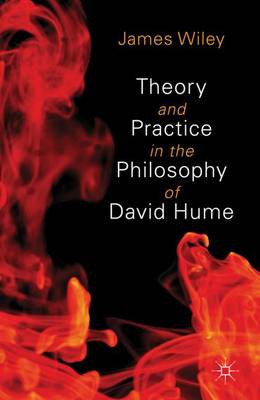Asan-Palgrave Macmillan
1 total work
The author argues that the relationship between theory and practice was central to Hume, that he developed two theories of theory and practice (one in the Treatise of Human Nature, which separates theory and practice, another in the Enquiries, which links them), that the secular speculative philosophy of human nature in the Treatise leads to the humanist practical philosophy of Hume's Essays, Moral, Political and Literary and History of England, and that the foundations of Hume's political theory are history and political realism rather than custom and tradition. Although Hume is usually considered a skeptic and the originator of the 'is/ought' distinction, he genuinely believed that 'the life of virtue' is happiest and that this conclusion derived equally from philosophy and common sense. The author argues for the continuing relevance of Hume's views on human nature, common sense, practical philosophy, ethics and humanism.
